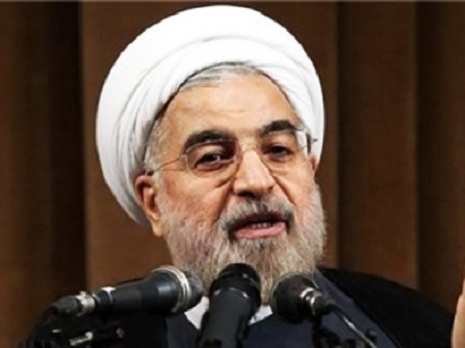The tentative agreement, struck on Thursday after eight days of talks between Iran and six world powers in Lausanne, Switzerland, clears the way for a settlement to allay Western fears that Iran could build an atomic bomb, with economic sanctions on Tehran being lifted in return.
It marks the most significant step toward rapprochement between Washington and Tehran since the 1979 Iranian revolution, and could potentially end decades of international isolation, with far-reaching political consequences in the Middle East.
In a televised speech on Friday, Iranian President Hassan Rouhani, a relative moderate elected in a landslide two years ago on a promise to reduce Iran`s isolation, said the nuclear talks were just the start of a broader policy of opening up.
"This is a first step towards productive interactions with the world," he said.
"Today is a day that will remain in the historic memory of the Iranian nation," he added. "Some think that we must either fight the world or surrender to world powers. We say it is neither of those, there is a third way. We can have cooperation with the world."
The deal requires experts to work out difficult details before a June 30 deadline, and diplomats noted that it could still collapse at any time before then.
More about:
















































